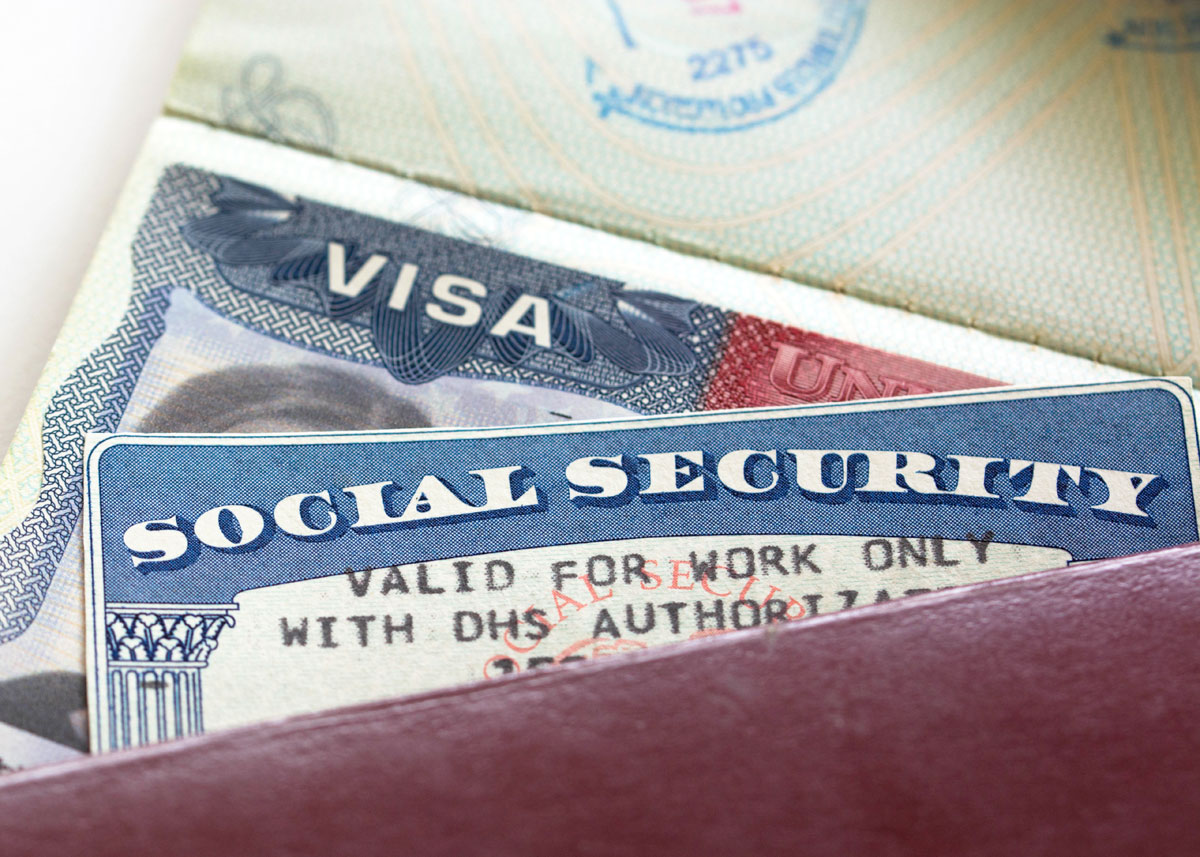H-1B Premium Processing Temporarily Suspended to Handle Huge Rush: USCIS
The premium processing of H-1B visas, which are popular among Indian IT firms and professionals, has been suspended temporarily to handle the huge rush of applications for the work visas in the first week of April, writes Lalit K. Jha. – @Siliconeer #Siliconeer #H1BVisa #USCongress @TiESV #TiESV #IndianAmerican #Immigration
“The (H-1) program is not suspended. We suspend premium processing, which means we would have to process the application in 15 days,” Lori Scialabba, the U.S. Citizenship and Immigration Services (USCIS) acting director, told members of the House Homeland Security Subcommittee on Oversight and Management efficiency.
The U.S. will start accepting applications for H-1B work visas from April 3 for the fiscal 2018.
Responding to questions from lawmakers, Scialabba said in the first week of April USCIS receives 200,000 or more H-1B applications.
“We’re unable to process those premium processing, we can’t process cases in 15 days when we get 200,000 in a week.
It’s only suspended temporarily,” she said.
“Once we lift the suspension, people are able to file for premium processing and we will process their application within 15 days,” she said.
“I think the other thing to keep in mind is that these visas that they’re applying for in April are not available until October. So what we do is we take them in, we process them, we organize them and then when we’re ready, we let people file for the premium processing if they think that that’s what they need.
“But the visas aren’t available until October in any event, so it’s really not delaying anybody from getting their visa when they’re ready to pick up the visa,” she said.
Suspension of the premium processing was being done in previous years too.
“What happens in April is that we open a window, where people file—and usually it’s only for a week, because we get so many applications in that time period. We usually get in between 200,000, 240,000 applications in one weeks time,” Scialabba said.
“Just getting the data entered into our systems and getting those processed so that they’re ready for adjudication takes some time. That’s why when we are unable…the only thing we’re suspending is the premium processing. We’re not promising to do anybody’s visa, anybody’s petition, in 15 days,” she noted.
“Once we get all that data into the system, once we’re ready to turn it back on, we put premium processing back in play and people can then file if they want, to have their adjudication done within 15 days, as opposed to 30, 60, 90, whatever our processing time is at the time,” the USCIS official said.
USCIS said H-1B program allows companies in the U.S. to temporarily employ foreign workers in occupations that require the application of a body of highly specialized knowledge and a bachelor’s degree or higher in the specific specialty, or its equivalent.
H-1B specialty occupations may include fields such as science, engineering and information technology.
“Congress set a cap of 65,000 H-1B visas per fiscal year. An advanced degree exemption from the H-1B cap is available for 20,000 beneficiaries who have earned a U.S. master’s degree or higher. The agency will monitor the number of petitions received and notify the public when the H-1B cap has been met,” it said.
“H-1B petitioners must follow all statutory and regulatory requirements as they prepare petitions to avoid delays in processing and possible requests for evidence,” it said.
The filing fee for Form I-129 has increased to $460, and petitioners no longer have 14 days to correct a dishonored payment.
The H1B visa is a non-immigrant visa that allows American firms to employ foreign workers in occupations that require theoretical or technical expertise. The technology companies depend on it to hire tens of thousands of employees each year.
During his election campaign, President Donald Trump had promised to increase oversight of H-1B and L-1 visa programs.


